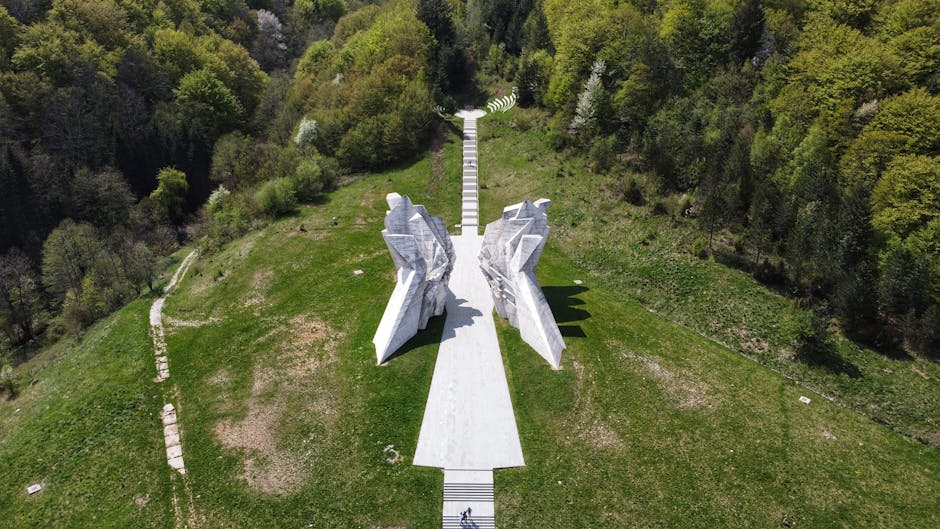Bosnia’s Republika Srpska Installs Temporary President as Dodik Steps Aside
In a significant political shift, Bosnia and Herzegovina’s autonomous region of Republika Srpska has appointed a temporary president following the departure of Milorad Dodik. This move comes amid escalating political tensions and international criticism of Dodik’s actions, which have frequently threatened the delicate post-war balance in the Balkans.
A Controversial Leader Steps Aside
Milorad Dodik, a polarizing figure in Bosnian politics and a vocal proponent of Republika Srpska’s autonomy, announced on Tuesday that he would temporarily hand over the presidency to his deputy, Nenad Stevandić. The decision has sparked varied reactions, with some interpreting it as a strategic move to alleviate international pressure, while others view it as a brief pause in Dodik’s ongoing efforts to challenge Bosnia’s central government.
Dodik’s presidency has been defined by his push for Republika Srpska’s independence and his clashes with Bosnia’s state-level institutions. His nationalist agenda, including attempts to withdraw the region from Bosnia’s central structures, has drawn widespread criticism. The U.S. and EU have repeatedly sanctioned Dodik, accusing him of undermining the Dayton Peace Agreement, which ended the Bosnian War in 1995.
Analysts are divided on Dodik’s motivations for stepping aside. Some see it as an attempt to ease tensions with Western powers, particularly as Bosnia seeks closer EU ties. Others speculate it may be a tactical retreat to prepare for future political battles.
Nenad Stevandić Assumes Leadership
Nenad Stevandić, a member of Dodik’s Alliance of Independent Social Democrats (SNSD), has taken over as interim president. While less prominent than Dodik, Stevandić is expected to maintain policy continuity during this transitional period. Critics, however, argue that his close ties to Dodik suggest little will change in Republika Srpska’s approach to governance and its relationship with Bosnia’s central government.
In his first public address as acting president, Stevandić emphasized stability and unity. “Our priority is to protect the interests of the people of Republika Srpska and continue on the path of progress,” he stated. However, he avoided addressing the broader political tensions that have defined Dodik’s tenure.
Regional and International Reactions
Bosnia and Herzegovina’s political landscape remains fraught with ethnic divisions, with Bosniaks, Croats, and Serbs often at odds over the country’s direction. Dodik’s actions have deepened these rifts, and his temporary departure has done little to resolve underlying tensions.
Internationally, the move has been met with cautious optimism. The EU and U.S. have long advocated for stability in Bosnia, and Dodik’s decision to step aside could be seen as a small step forward. However, skepticism remains, as Dodik’s influence over Republika Srpska’s politics persists even in his absence.
“This is a temporary reprieve, not a solution,” said a senior Western diplomat speaking anonymously. “The real test will be whether this leads to meaningful dialogue and cooperation within Bosnia’s institutions.”
What Lies Ahead for Republika Srpska?
As Nenad Stevandić assumes leadership, the future of Republika Srpska remains uncertain. While Dodik’s temporary departure may offer a brief respite from political turmoil, it is unlikely to resolve the deep-seated issues that have plagued Bosnia and Herzegovina for decades. The coming months will be pivotal in determining whether this development signals a new chapter or merely a pause in the ongoing struggle for power and autonomy.
For now, the Balkans and the international community are closely watching Republika Srpska, awaiting signs of whether this political shift will bring stability or further discord to a region still grappling with the legacies of conflict and division.




